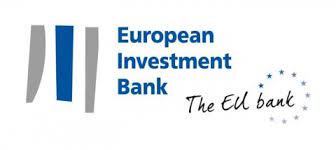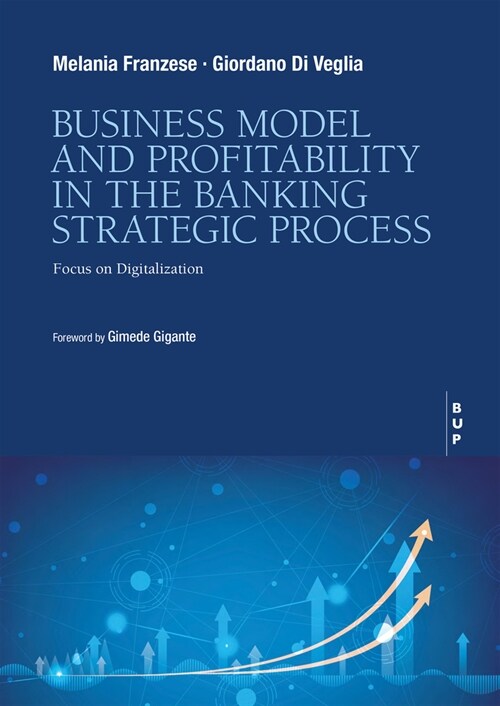Robots: What Everyone Needs to Know®
Phil HusbandsRelease date:December 28, 2021
Language:English
ISBN:9780198845386
Price:$64.51
Financial firms are prioritising communications surveillance, but most are still failing to monitor Social Messaging i.e., text and WhatsApp communications, putting themselves at risk of regulatory scrutiny and fines like those levied against Bank of America this week, according to the latest data from RegTech leader SteelEye. SteelEye’s Compliance Health Check report surveyed 170 senior compliance professionals in financial services and found that just 15% of firms are monitoring WhatsApp at all, despite the continued levying of huge fines against those found to be failing to monitor the communications of regulated employees effectively. Even fewer are monitoring Slack (9%) and Signal (3%) – and even considering the more expected channels there remains significant work to be done, with just 40% capturing Microsoft Teams, 40% Bloomberg Chat and 25% Zoom. Continue reading…
Authorities in Germany and Romania have dismantled a criminal network suspected of defrauding the German state of up to EUR 2 million in child benefits. During an action day supported by Eurojust, one suspect was arrested and 44 places were searched in both countries. Between 2014 and 2017, the organised crime group (OGC) allegedly recruited vulnerable families in unstable financial situations in Romania and brought them to Germany through deception or coercion. When the families arrived in Germany, the suspects provided them with accommodation, opened bank accounts, and applied for child benefit and other social benefits. Continue reading…
This book is the first attempt to establish ‘economic crime’ as a new sub-discipline within criminology. Fraud, corruption, bribery, money laundering, price-fixing cartels and intellectual …
by Michel Klompmaker
According to the chairman of the SOBI Foundation, Pieter Lakeman, De Nederlandsche Bank (DNB) is forcing pension funds to use incorrect actuarial interest rates. For their annual reports for 2021, the pension funds were obliged to use an actuarial interest rate of approximately 0.57%. If 4% had been used as the actuarial interest rate, which was done until 2007, the pension provisions would have been approximately 60% smaller at the end of 2021. It is clear that this is not a matter of several thousand euros. For example, the pension provision of PMT, the third largest pension fund, was over 95 billion euros on 31 December 2021. At an actuarial interest rate of 4%, this would be more than 55 billion euros less. In fact, this means that the equity capital is then understated by more than EUR 55 billion in the balance sheet. At an actuarial interest rate of 5%, the provision would even be approximately 70% smaller and PMT’s equity would amount to 65 billion euros. For the largest pension fund, the ABP, the equity is shown in the balance sheet as 54 billion euros via the actuarial interest rate prescribed by DNB, while in reality, with a somewhat more normal actuarial interest rate of 4%, it amounts to more than 370 billion. Continue reading…
The European Central Bank (ECB) and the European Systemic Risk Board (ESRB) has on 26 July published a joint report on how climate shocks can affect the European financial system. The findings show that climate risks can quickly spread and harm companies and banks alike. The report adds further evidence on the systemic nature of climate risks and provides a foundation for a macroprudential policy response. The report identifies several amplifiers of climate risk across the financial system. Transition risks may be magnified because of economic and financial linkages between and across banks and companies. For example, a surge in carbon prices could increase the likelihood that the default of one company leads to the default of another. While this particularly applies to high-carbon companies, it could also affect their less carbon-intensive counterparties. Continue reading…
Canadian securities regulators require that entities or individuals that conduct certain specified activities must first be registered with the securities regulatory authorities in the Canadian provinces or territories in which such activities are conducted. Firms and individuals must register if they are in the business of trading or advising in securities, acting as an underwriter, or acting as an investment fund manager. There are, however, numerous exemptions available to the registration requirement. For foreign adviser or dealers, the most commonly used exemptions are (1) international adviser; (2) international sub-adviser; and (3) international dealer. This article is part of a multi-part series, and discusses the international sub-adviser exemption. Continue reading…
The European Union faces the risk of further gas supply cuts from Russia, due to the Kremlin’s weaponisation of gas exports, with almost half of our Member States already affected by reduced deliveries. Taking action now can reduce both the risk and the costs for Europe in case of further or full disruption, strengthening European energy resilience. The Commission has therefore on 20 July proposed a new legislative tool and a European Gas Demand Reduction Plan, to reduce gas use in Europe by 15% until next spring. All consumers, public administrations, households, owners of public buildings, power suppliers and industry can and should take measures to save gas. The Commission will also accelerate work on supply diversification, including joint purchasing of gas to strengthen the EU’s possibility of sourcing alternative gas deliveries. Continue reading…
In its Annual Report published on 19 July, the organisation has set out how it has worked over the past 12 months to meet its objectives of protecting consumers, enhancing market integrity and promoting competition, as it becomes a more innovative, assertive and adaptive regulator. Over the period, the FCA changed insurance rules to stop firms overcharging loyal customers. Millions of customers are now being offered better deals, with the average cost of renewing motor insurance down £55. The FCA also carried out its first ever criminal prosecution under anti-money laundering legislation and worked on an updated listing regime to ensure that the UK remains a trusted and attractive place to list companies. Continue reading…
The Bank for International Settlements’ Committee on Payments and Market Infrastructures (CPMI) and the International Organisation of Securities Commissions (IOSCO) has on 6 July published final guidance confirming that stablecoin arrangements should observe international standards for payment, clearing and settlement systems. Sir Jon Cunliffe, Chair of the CPMI and Deputy Governor for Financial Stability at the Bank of England stated: “Recent developments in the cryptoasset market have again brought urgency for authorities to address the potential risks posed by cryptoassets, including stablecoins more broadly. The recent market disruptions, while costly for many, were not systemic events. But they underline the speed with which confidence can be eroded and how volatile cryptoassets can be. Such events could become systemic in the future, especially given the strong growth in these markets and the increasing linkages between cryptoassets and with traditional finance.” Continue reading…
Introduction Aware of the ins and outs of the CSRD in one day During this practical day, you will learn everything about the CSRD quickly…

The EIB, the European Union’s bank, is seeking to recruit for its Group Risk & Compliance Directorate – Regulation and EIB Group Risk Department –…

Language:English
ISBN:9791280623188
Price:€ 34.95 (Paperback)
The book introduces the key elements contributing to entrepreneurial vitality and sustainability in the medium and long term with a specific focus on digital transformation….
Since the turn of the millennium a quiet revolution has been underway. Millions of autonomous robots with some level of intelligence are now in domestic …
Continue reading…